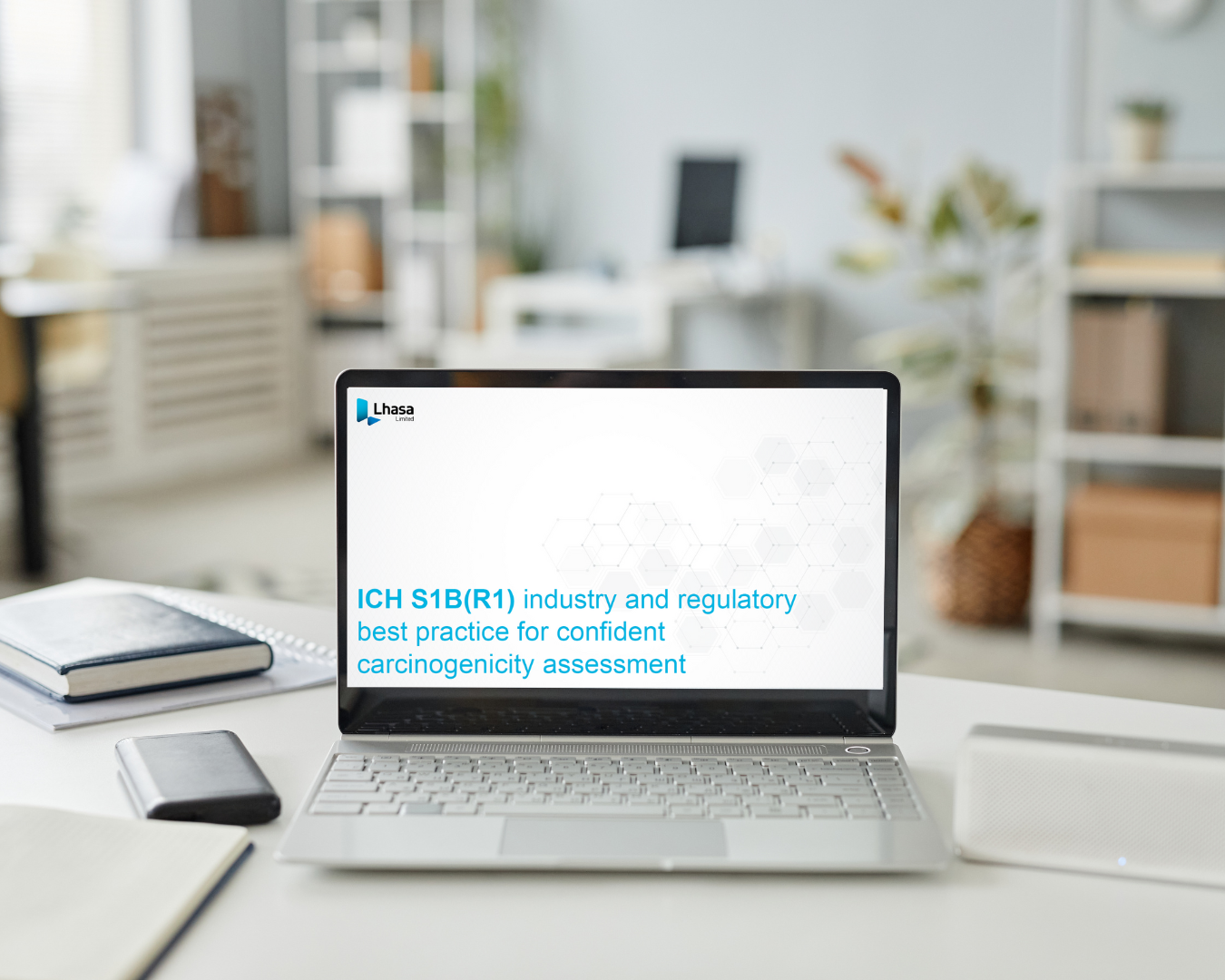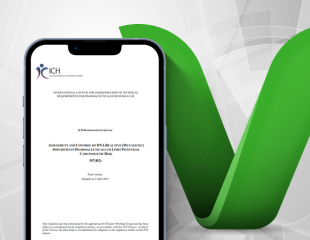Aromatic Amines data sharing
Advancing the understanding of Ames mutagenicity for primary aromatic amines
Aromatic amines are widely used in the synthesis of pharmaceuticals, however some compounds from this class were found to have mutagenic activity, causing concern due to the risk of genotoxicity-related drug attrition.
Prediction of aromatic amine mutagenic activity remains a challenge within the pharmaceutical industry. The physico-chemical properties and the stability of the nitrenium ion formed via metabolic activation are key factors to consider when interpreting the Ames outcomes. Data sharing helps to challenge and clarify the rationale for mutagenic activity.
Our solution
Launched in 2010, the Lhasa Aromatic Amines data sharing initiative is a long-standing collaboration of pharmaceutical organisations sharing data from Ames mutagenicity assays for primary aromatic amines.
The initiative members share and access proprietary Ames data on primary aromatic amines, contributing towards the refinement of the structure-activity relationship (SAR) and as a result, the development of improved predictive tools.
Key highlights
Contribute to industry progression
By participating in the Consortium for the Investigation of the Genotoxicity of Aromatic Amines (CIGAA), members are actively helping the progression towards an improved understanding and predictability of the Ames test outcome for this challenging chemical class.
Enable a seamless search experience
The secure user management system allows cross-database searches to consider the published data in parallel to the Aromatic Amines proprietary data. The ability to search for chemically similar compounds enables read-across studies to be performed quickly and easily.
Reduce the need to carry out testing and streamline your workflow
The sharing of aromatic amines Ames data reduces testing duplication, avoiding the need to repeat potentially costly experiments. The shared data can inform decisions in the synthesis planning process, allowing users to avoid problematic compounds and unnecessary testing.
Regulatory support
ICH M7
This structural class main mutagenicity pathway is through metabolic activation with the formation of the reactive nitrenium ion. ICH M7 guideline outlines recommendations for the assessment and control of DNA reactive (mutagenic) impurities in pharmaceuticals. Having access to proprietary data through the Lhasa Aromatic Amines data sharing initiative, enables a more informed expert assessment. Finding relevant supporting examples for your impurities by structure, substructure or similarity searching can add weight to expert review for regulatory submission under ICH M7.
Related publications
Poster
- Jul 2022
- Aromatic Amines, Data sharing, Non-genotoxic impurity assessment
Paper
- Aug 2018
- Aromatic Amines, Data sharing
Recent blogs
Insights on ICH Q3E, Extractables & Leachable (E&L) and risk assessment submissions Interpreting grey areas in the draft ICH Q3E guideline Earlier …
Following our recent Lhasa Limited hosted webinar, ICH S1B(R1): industry and regulatory best practice for confident carcinogenicity assessment, attendees had the rare …
Driving efficient early-stage ICH M7 classification through reliable mutagenic and carcinogenic data
In this latest blog, we will define the difference between certainty and uncertainty in the ICH M7 guideline for mutagenic impurities. Delving …




